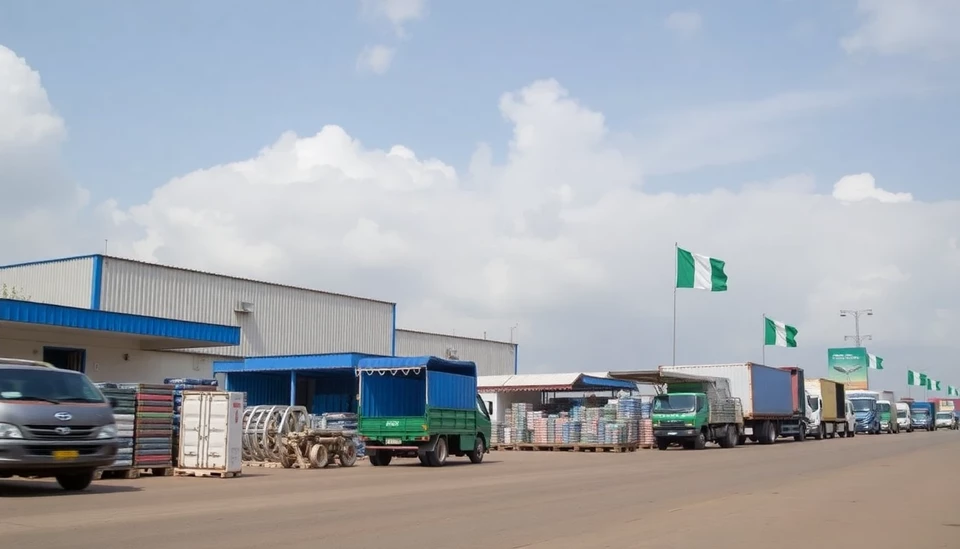
Nigeria is taking a decisive step in its economic strategy by tightening regulations within its Special Economic Zones (SEZs) with the goal of driving export growth. These zones are critical to the country’s ambition to enhance its manufacturing capacities and diversify its export portfolio beyond traditional commodities such as oil and gas.
The Nigerian government has unveiled a comprehensive plan aimed at reinforcing trade compliance and boosting investment in these economic zones. The initiative is particularly important as the country seeks to stabilize its economy amid ongoing challenges including fluctuating oil prices and the adverse effects of global economic conditions.
With the newly implemented measures, the government is focusing on setting stricter operational standards for businesses operating within the SEZs. This includes enforcement of compliance with international trade regulations and enhancing the overall infrastructure within these zones to create a more attractive environment for foreign investors.
Senior government officials have emphasized that the intention behind these reforms is not only to attract foreign direct investment but also to promote local businesses and industries. By fostering a favorable business climate, Nigeria aims to position itself as a competitive player in the global supply chain.
Furthermore, the government has identified specific sectors that are likely to benefit significantly from these renewed efforts. Agriculture, textiles, and technology are among the focal industries where the government anticipates building strong export capabilities. The vision is to transform these sectors through innovative practices and increased production capacities.
The adjustments to the SEZ policies come at a time when neighboring countries are also re-evaluating their own economic zones to better position themselves in global markets. Nigeria's proactive approach may serve as a catalyst for regional competition and collaboration, ultimately benefitting the West African economic landscape.
Industry experts have welcomed the move, pointing out that by improving the operational viability of these zones, Nigeria could significantly enhance its export earnings. Analysts suggest that a strengthened economic zone framework could lead to increased job creation, technology transfer, and skills development within Nigeria.
Additionally, the Nigerian government has initiated efforts to streamline customs processes and reduce bureaucratic hurdles, which have historically hampered trade ease. This is part of a broader strategy to transform Nigeria's economic framework into one that prioritizes competitiveness and global integration.
The success of these economic reforms hinges on the government's ability to effectively implement and monitor these regulations. Stakeholders are advised to remain vigilant as the policies develop, ensuring that they yield tangible benefits for both investors and the local populace.
As Nigeria embarks on this critical journey towards economic diversification and export enhancement, all eyes will be on how these changes unfold in the coming months and years. The government's commitment to reform may just lay the groundwork for a renewed economic outlook in a country rich in resources yet challenged by a need for diversification.
In conclusion, Nigeria’s rigorous approach to reimagining its Special Economic Zones could potentially position the nation on a path toward sustainable economic growth, fostering an environment that supports both local and foreign enterprises looking to invest.
#Nigeria #EconomicZones #Exports #Investment #EconomicGrowth #TradeCompliance #Manufacturing #LocalBusinesses #AfricaEconomy
Author: Laura Mitchell




